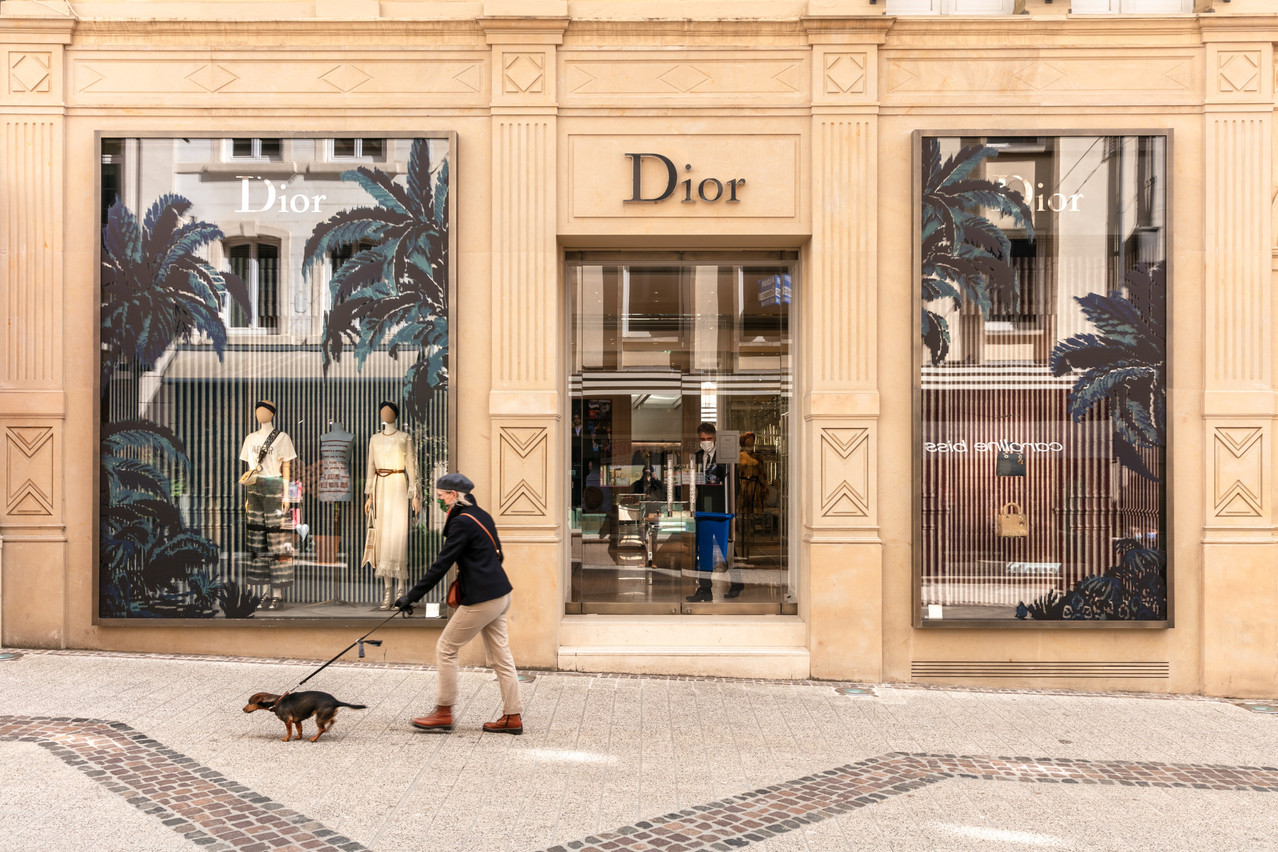With sales up 40% for LVMH and 31% for Hermès in the third quarter, the luxury sector confirms its financial health compared to 2020, a year already marked by significant jumps, despite the covid-19 pandemic.
“Consumers are attracted to what is desirable, they favour quality over quantity,” says Caroline Reyl, manager of the Pictet Premium Brands fund. Founded in 2005, the fund currently comprises 41 companies, which have generated 28% portfolio growth over the past 12 months.
“Covid has acted as an accelerator in distinguishing premium brands from other brands,” she says, pointing to three clear consumer trends: the desire of customers to acquire goods of superior quality, the growing importance of visual identity and the quest for satisfaction and pleasure.
Luxembourg is no exception to this trend, with increased demand for luxury goods spilling over into the capital’s commercial fabric and even the commercial real estate market.
China, a key market
In recent months, premium brands have pursued their strategy of a web presence, but have also controlled their prices (and margins) and their stocks. In 2022, the phenomenon should continue, according to the fund manager, who stresses that "luxury is under-penetrated in markets like China.”
Chinese tourists are known for their buying fever when they travel. Now mostly stuck at home, they are relying on local trade against the backdrop of the growth of the middle class, which is expected to account for 60% of households by 2030 compared to 13% before the crisis. “Local tourism remains very good with visitors spending well. International tourism, on the other hand, is not yet back.”
To gain market shares from the leaders, it will be difficult for new players to break through.
But not everyone is a premium brand: in addition to the aspects of princing and desirability, innovation is of prime importance, as are sound finances. “In order to gain market shares from the leaders, it will be difficult for new players to break through,” says Reyl. Some examples exist, such as Capri Holdings, owner of Michael Kors, which has acquired a premium positioning following the takeovers of the luxury brands Versace and Jimmy Choo.
However, there are some risks on the horizon for these premium brands: the importance of the Chinese consumer in the equation is double-edged, given the geopolitical risks between the Middle Kingdom and Western powers.
If covid rebounds again and leads to further restrictions, the hotel and leisure segment could be hurt in the portfolio. Note that inflation is not a threat to these brands: “They tend to outperform, as they have the ability to reflect commodity and wage inflation in final prices,” says Reyl.
This story was first published in French on . It has been translated and edited for Delano.
